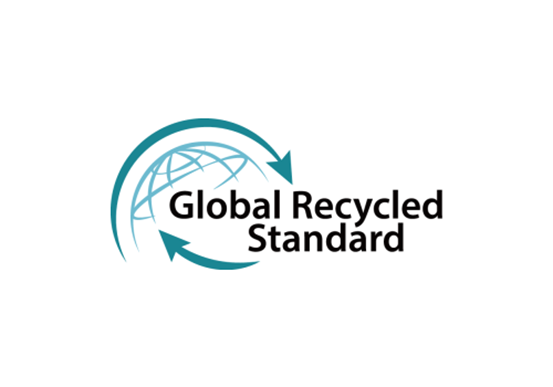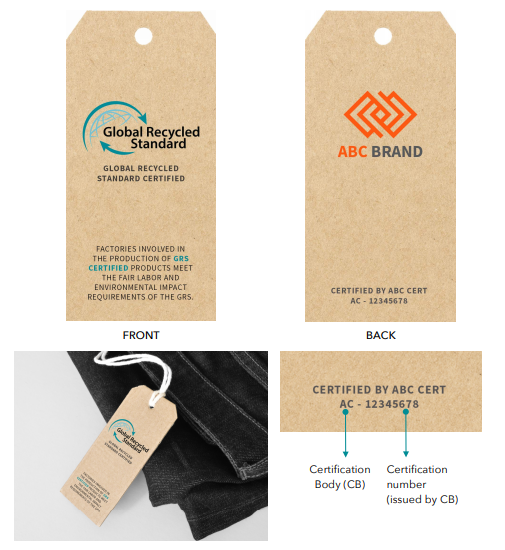Reduced Waste: The production of recycled fabric uses discarded materials that would otherwise end up in landfills, reducing waste and conserving resources.

Reduced Energy Consumption: The production of recycled fabric requires less energy compared to the production of virgin fabric. This is because the process of recycling fabric typically requires less energy than producing new fabric from raw materials.
Reduced Water Consumption: The production of recycled fabric requires less water than the production of virgin fabric. This is because the process of recycling fabric typically requires less water compared to producing new fabric from raw materials.
Reduced Pollution: The production of recycled fabric generates less pollution compared to the production of virgin fabric. This is because the process of recycling fabric generates fewer emissions and uses fewer chemicals compared to producing new fabric from raw materials.

Conservation of Natural Resources: The production of recycled fabric helps to conserve natural resources such as oil, which is used to produce synthetic fabrics. By recycling discarded materials, the need for virgin materials is reduced, preserving natural resources for future generations.
In summary, recycled fabric with GRS certification helps the earth by reducing waste, energy consumption, water consumption, pollution, and the need for virgin materials. By using recycled fabric, we can contribute to a more sustainable future for the planet.




